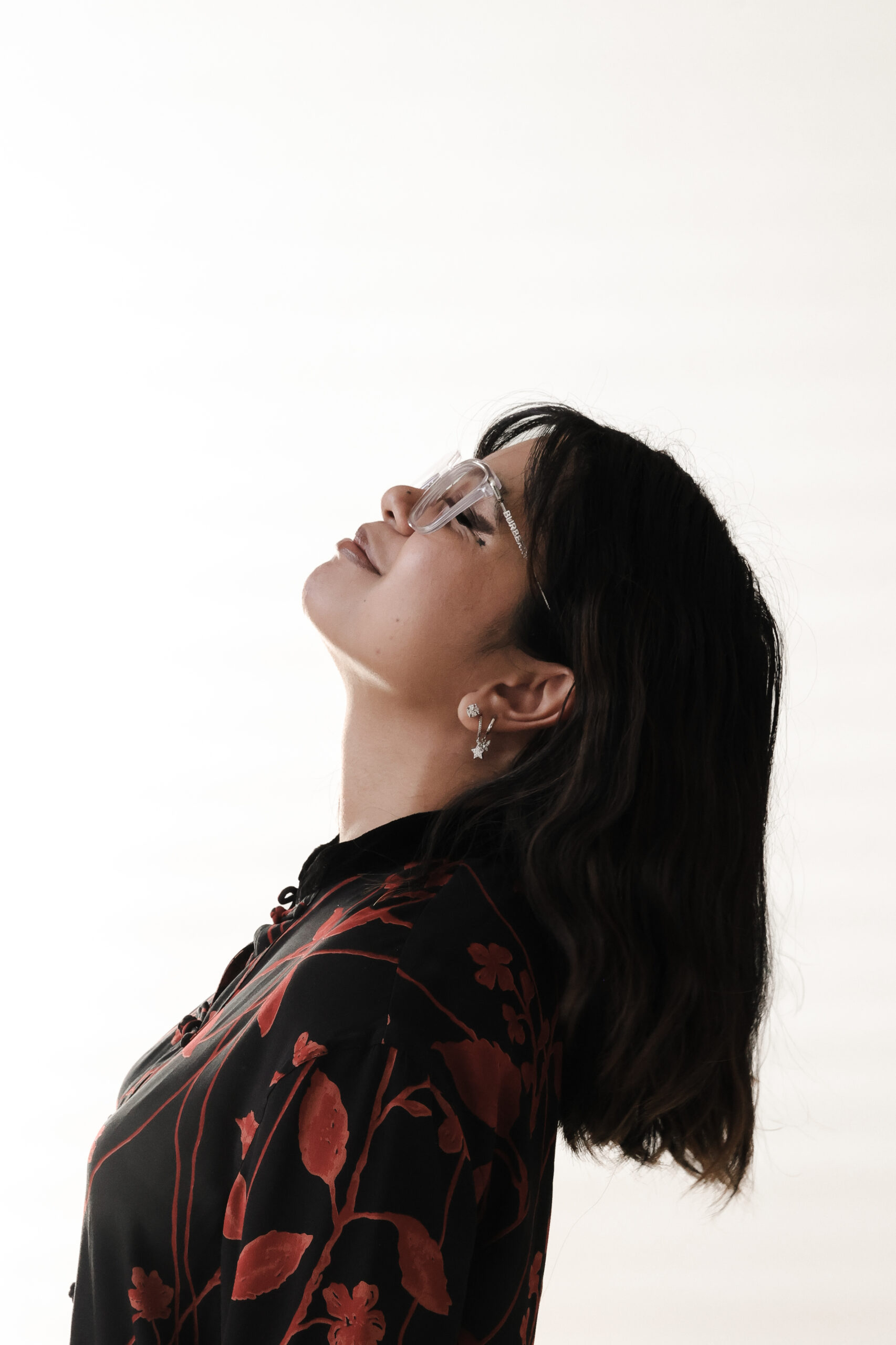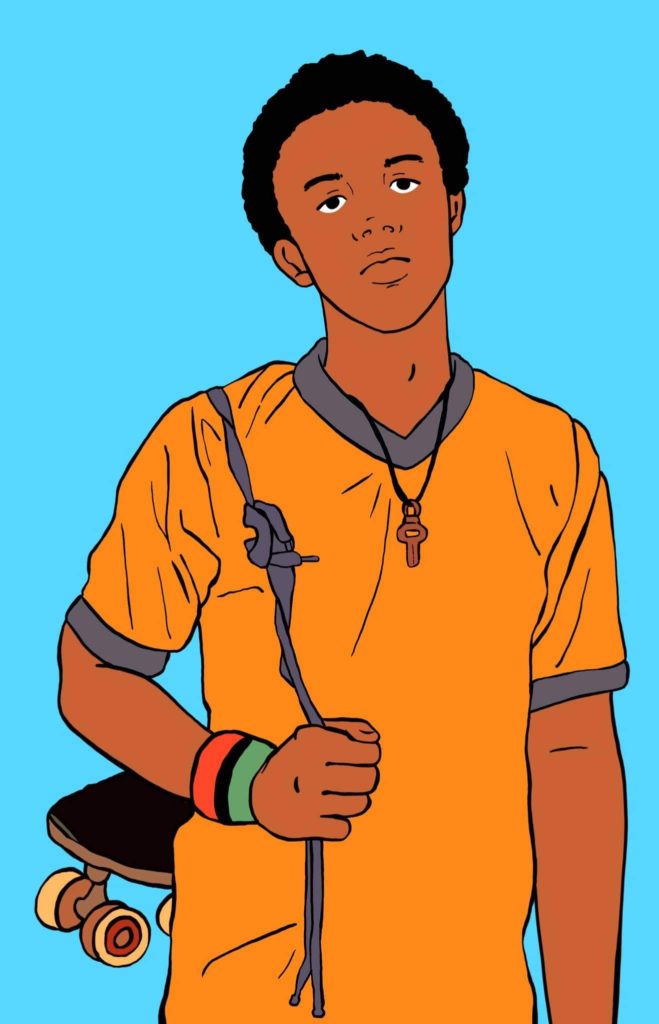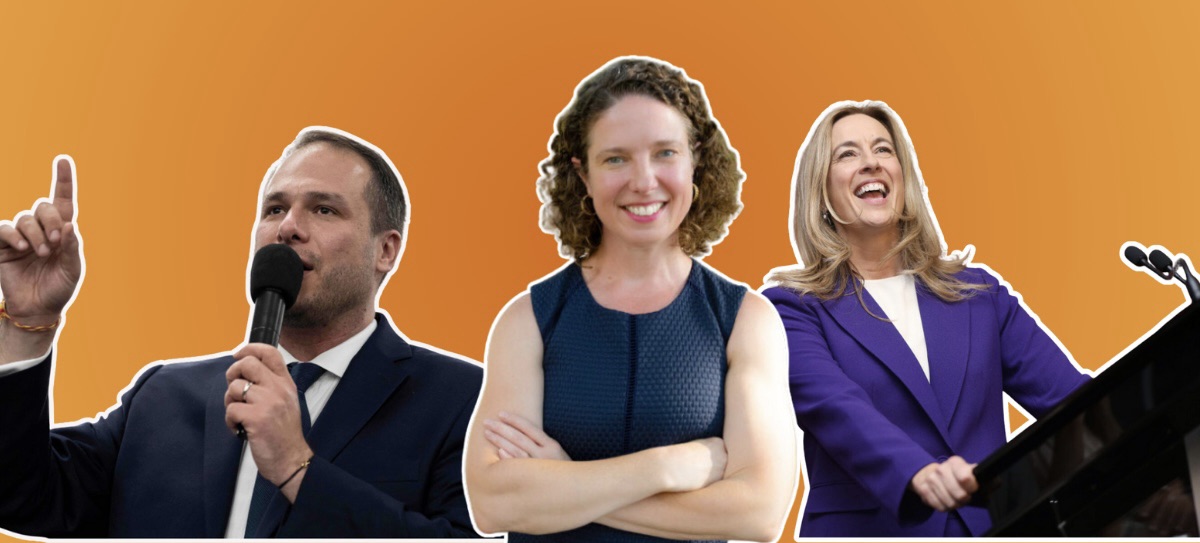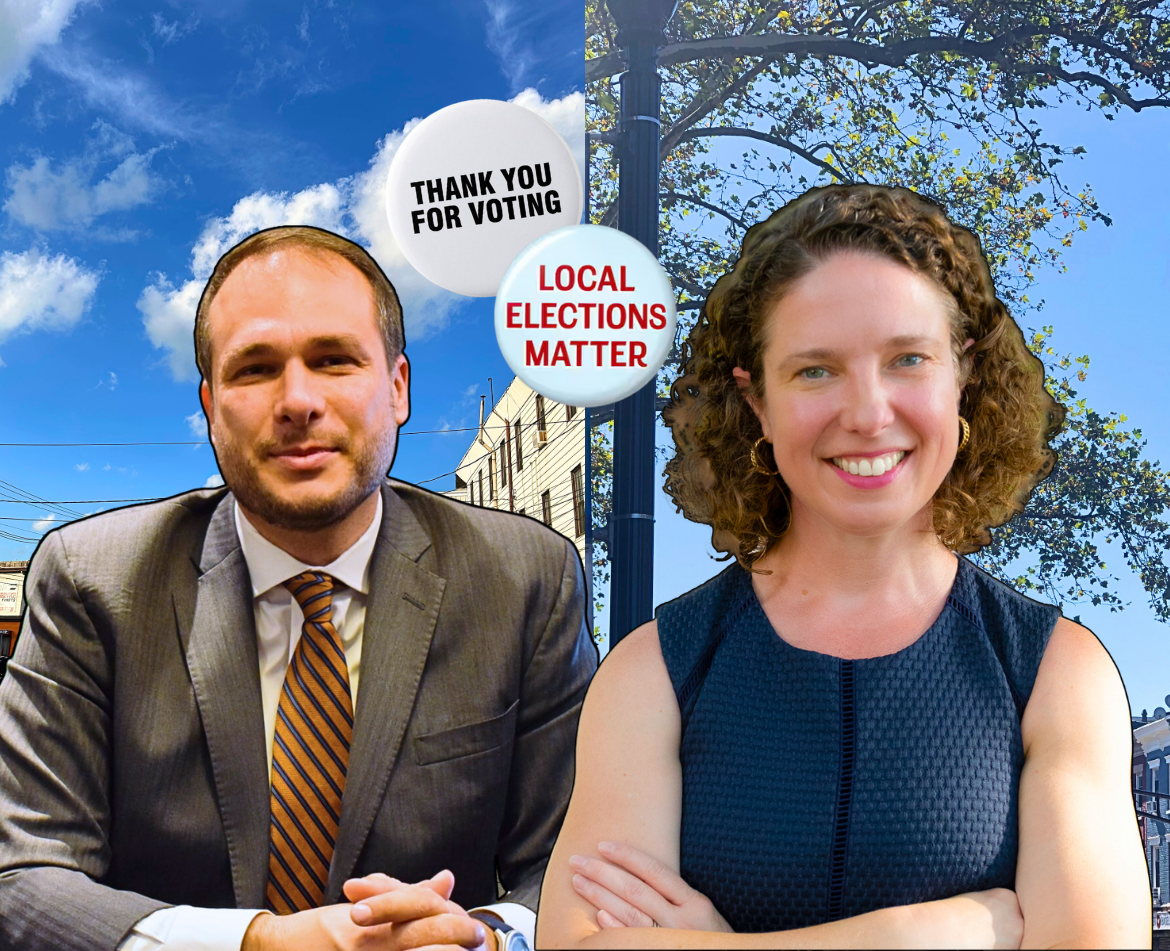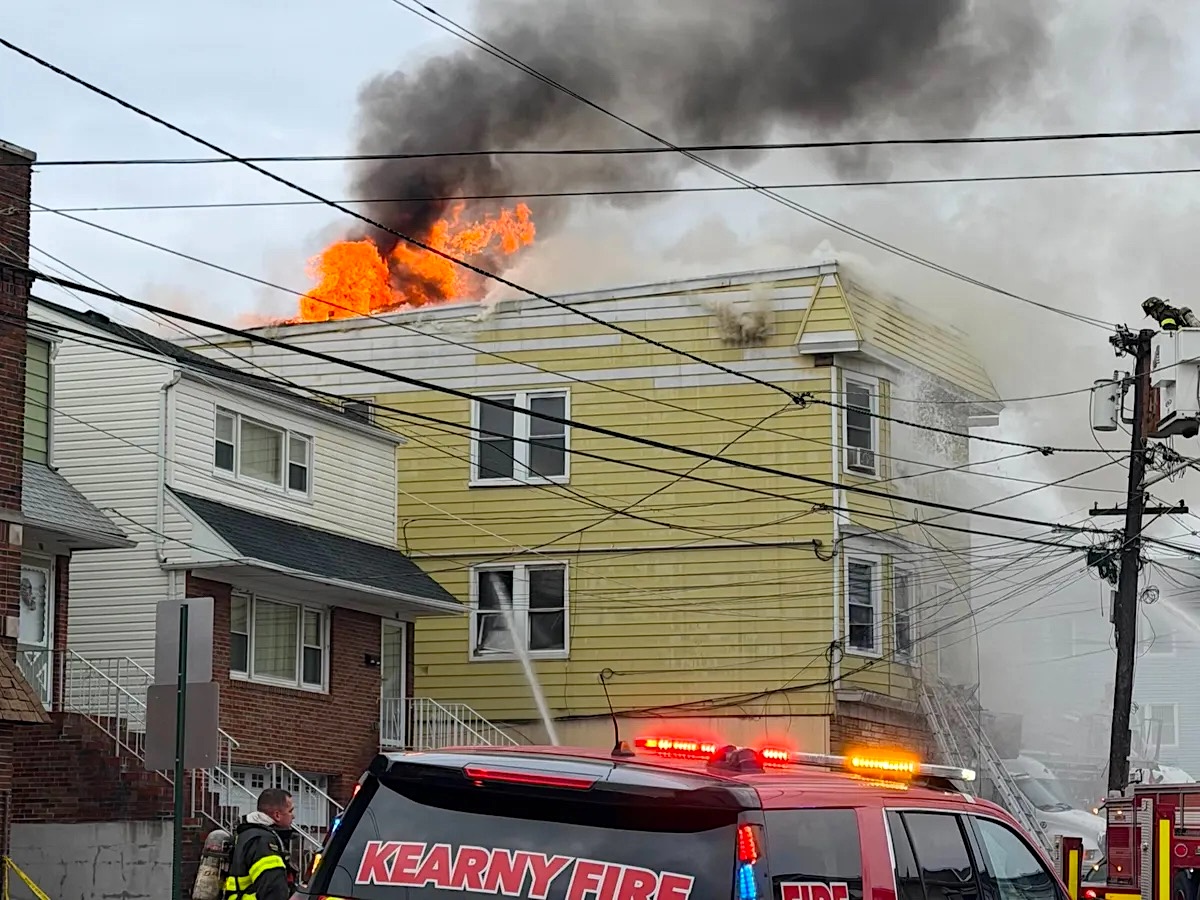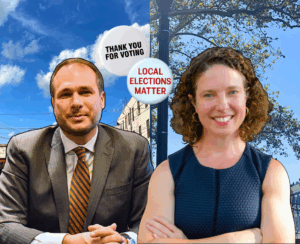Illustration by staff illustrator Sakura Siegel.
The first time I saw neon lights scurry around a dimmed room and heard roller skates skidding across a wooden floor was when I was 7 years old. I didn’t know how to balance on shoes with wheels, but strangers around me didn’t hesitate to help.
This was my first time at a roller rink.
It was 2005 — the same year “Roll Bounce” was released. I went with my best friend at the time, who is Black, and delved into a world I didn’t know existed. If it wasn’t for my friend and the film, I would’ve never known what Black joy looked like.
“Roll Bounce” is a comedy-drama directed by Malcolm D. Lee — cousin of Spike Lee — and features star Black actors like Bow Wow, Meagan Good, Mike Epps and Nick Cannon. The film focuses on a group of teenagers who spend their days in a roller rink during the 1970s in Chicago. It was released on Sept. 23, 2005, nearly 15 years ago.
Classic Black films during the late 1990s and early 2000s like “Boyz N The Hood,” “Menace II Society” and “Friday” exhibit the consequences of violence and drugs, which are two stereotypes too often associated with the Black community.
But that wasn’t “Roll Bounce.”
The 2005 film showed a shared safe space for the Black community. And aside from the climax in the movie and underlying tones of racism — which were prominent during the 1970s — it showed Black joy, which is the opposite of Black struggle.
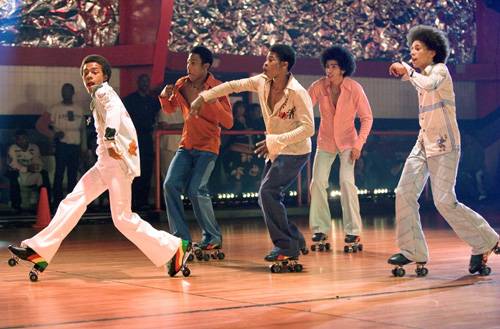
My brother and I grew up on Black entertainment.
We would listen to Dipset — a late 1990s rap group — or spend an afternoon watching Breanna — played by Black actress Kyla Pratt — stress out her dad, Flex, on “One on One” — a 2001 sitcom. But the only industry that seemed to lack Black representation was in film.
In 2005, the top grossing film was “Harry Potter and The Goblet of Fire,” which featured no major Black character. The second-top film was “Star Wars: Episode III – Revenge of the Sith,” where Samuel L. Jackson starred as the only major Black character. The highest grossing drama that year was “Walk The Line,” with no major Black characters.
Though top grossing films are typically fantasy or superhero, “Roll Bounce” was released when the movie industry didn’t seem to have a space for Black voices.
“ATL” was released a year later. It wasn’t a top-grossing film, but it became a classic within the rap community.
The 2006 film is a comedy-drama about Rashad — played by T.I., a rapper and Atlanta native — and his friends during their final year of high school, going into adulthood. While the movie shows typical teenager activities during the summer, it also has themes of violence, drugs and social class prejudices. My brother watched this more times than I can remember.
This part is written by contributing writer Aldwin Romero.
In 2001, I was 11 and went to a catholic middle school.
Many of my classmates were of different races, but I rarely had any black classmates. That changed in 2004 when the high school I attended was predominantly Black and Hispanic. I looked like someone who knew all about Asian and Filipino culture, and animes such as “Dragon Ball Z.” They’d be disappointed when I’d tell them I don’t watch animes. My main entertainment was sports, specifically basketball.
When I wasn’t watching sports I’d watch whatever was on cable TV, where I ended up watching a lot of Black movies for the first time.
One of the first movies I saw was the 1995 movie “Friday,” starring Ice Cube and Chris Tucker.

Ice Cube has previously been known as a rapper, with a tough image, including his role as “Doughboy” in the 1991 movie “Boyz N Da Hood.” Ice Cube not only starred in the movie “Friday,” but he also wrote the movie as well.
The movie, while having serious themes, such as gun violence and drugs, is a comedy. “Friday” showed that it’s not all bad growing up in black neighborhoods, despite what’s been constantly presented in other media.
Another movie I saw on TV was the 2001 film “Training Day,” starring Denzel Washington and Ethan Hawke.
The movie follows LAPD Officer Jake Hoyt on his first day where he’s evaluated by Detective Sergeant Alonzo Harris. It is quickly established that Alonzo is a crooked cop, who follows his own set of rules, whereas Jake would prefer to follow the proper rules of law enforcement.
Washington’s performance led him to win an Academy Award for “Best Actor” in 2002. Rapper Jadakiss said it best: “Why Denzel have to be crooked before he took it?” The line is from his 2004 song “Why.”
The 2018 movie “Black Panther” starring Chadwick Boseman was significant for having a predominantly black cast and grossing $1.29 billion at the box office.
It should be noted that there has been black superheroes in movies before. Wesley Snipes and Halle Berry had played the role of “Blade” and “Storm” respectively. However, the cast of these movies would usually still have many white actors and actresses.
The surprising and tragic death of Chadwick Boseman in August 2020 has left the film franchise with many questions regarding the future.
“I could go on and on about Black Panthers social impact on the Black community,” Gabriella Ambroise told Slice of Culture. “What I will say is Chadwick embodied the role of T’ Challa in a way that has never been seen before in film and in particular in that superhero action genre.
“The Black Panther became a hero for many black children and a symbol of their potential for greatness. “
Ambroise grew up in Long Island in a West Indian home with many traditions and cultural differences from African Americans, she said. Black films helped “shape” her identity and self perception, she added.
This part is written by co-founder Adrienne J. Romero.
Though my brother and I, two Filipino-Americans, could not and never will relate to the main premise of these movies, “Roll Bounce” and “ATL” gave me more understanding of Black joy and Black struggle.
But for Daryl Brown, he said he’s seen these struggles — that are portrayed in films and associated with Black people — too close to home.
“The main struggle I’ve seen during my teenage years was drugs and violence, which involved friends and family,” Brown told Slice of Culture.
Brown lives in Hudson County. He said he grew up watching “Dead Presidents,” “Menace II Society,” “Do The Right Thing,” “Love Jones” and “Poetic Justice,” which all — except for “Love Jones,” a romance film — shows a side of Black struggle like crime and racism.
He said watching these spotlighted different aspects of life. When he saw violence, he saw the consequences. But he also saw Black characters overcome the struggle and achieve “great things in life.”
“Boyz N The Hood” was one film Brown said was phenomenal “from start to finish.”
The 1991 tough crime-drama is about Tre — played by Black star Cuba Gooding Jr. — who is sent to live with Furious, his father — portrayed by Black star Laurence Fishburne — in South Central Los Angeles. Between his father and faithful girlfriend — played by Black star Nia Long — Tre is steered onto the path of responsibility and value of life. But that isn’t the case for his friends, who both get drawn into the drug and gang culture.
“Furious Styles always educated (Tre) about the importance of life and how he should be responsible to keep him away from the guns and violence that was taking place in Los Angeles,” Brown said. “This was a major key in this movie and why I enjoyed it so much because of the knowledge Furious was teaching Tre so he would not end up like his friends who were arrested or died.”
For Jack Payne, he said “American Son” really got to him because of how much he related to it.
“American Son made me cry,” Payne told Slice of Culture. “Like curl up into a ball sobbing because it portrayed a reality that is my life.”
The 2019 drama film is based on a Broadway play of the same name. A mother — played by star Black actress Kerry Washington — and her estranged husband reunite in a police station because their son hasn’t come home and is missing. The movie showcases the real issues among law enforcement.
Payne grew up in Newark and said he experienced racial profiling everywhere but there. He said between Jersey City, Montclair and New York, there were some incidents of racial profiling, getting accused of stealing and getting followed around in stores.
About two years ago was the last time an incident happened, Payne said.
Payne added that he only enjoys films that focus on Black struggles “if done correctly.” And he said films that have done it correctly are “Moonlight,” “If Beale Street Could Talk,” “Last Black Man in San Francisco,” “Queen and Slim” and “American Son.”
But the Black community is more than their struggle.
“Lighthearted Black films paint a positive picture in the Black community and distract people from the negative activities that were displayed in movies like Boyz N The Hood,” Brown said. “They also show a different stereotype that Black people attend school and work extremely hard to reach their milestone in life, and live a good life.”
“The issue is that we need more mainstream black films and we need more diverse story telling,” Ambroise said. “Black people aren’t a monolith so I’d like to see stories from different cultures, ages, body shapes, genders, sexual orientations. We need more mainstream black queer films!”
“I challenge people to watch cinema that is not made by people that look like them,” Payne added. “Watch something that does not sensationalize or fall onto some disgusting stereotype, but that portrays an accurate representation of the struggle, of the joy and everything that comes in between that.”

